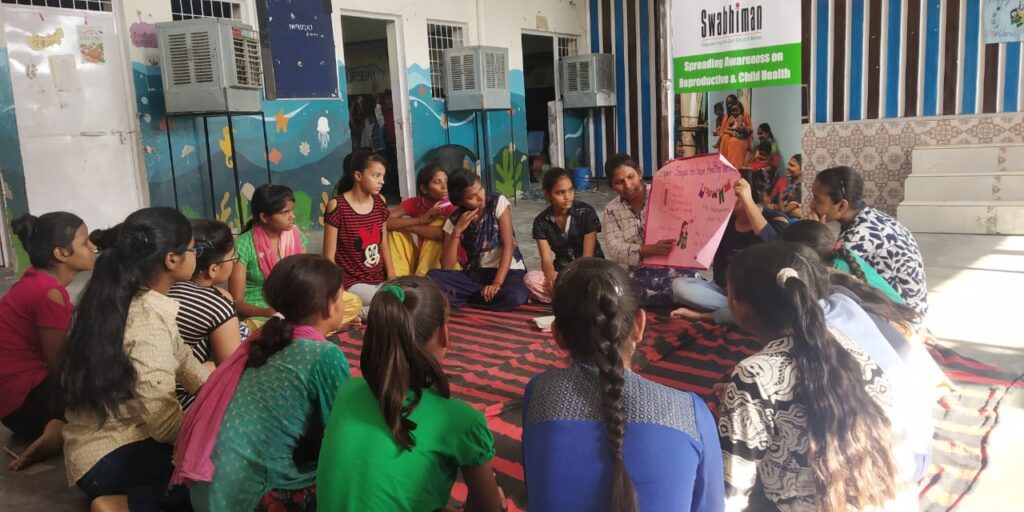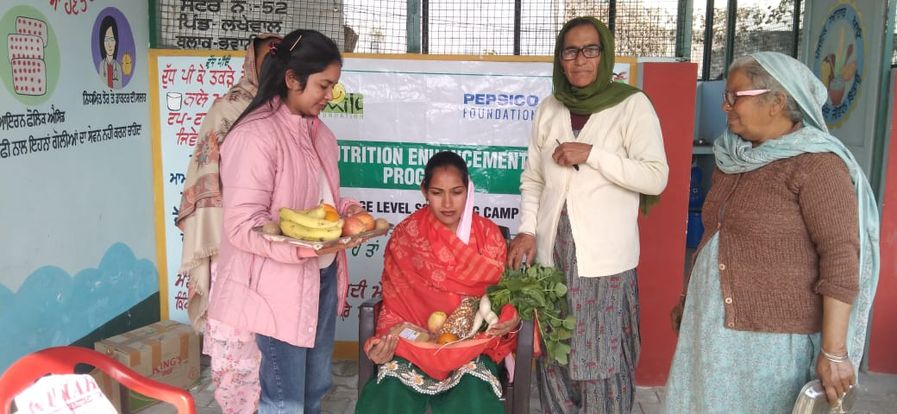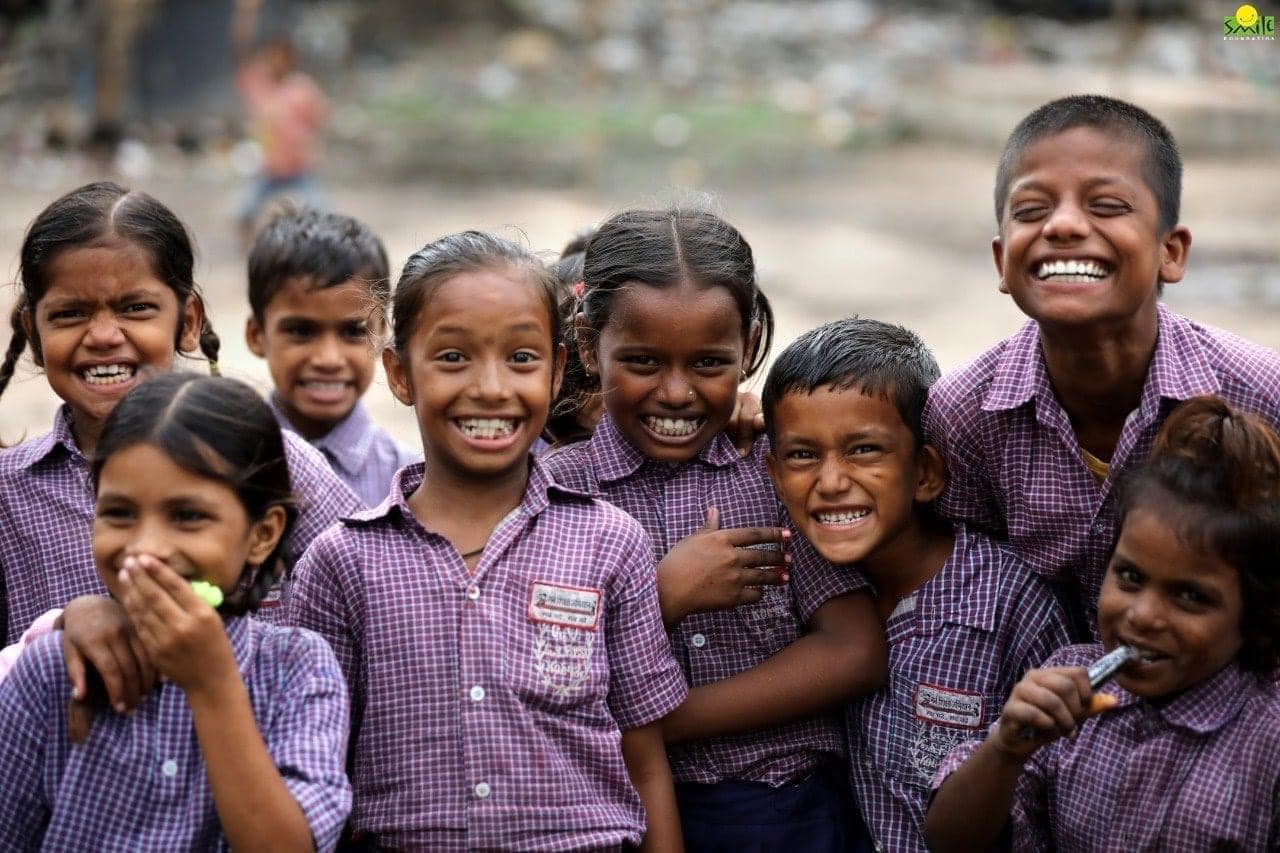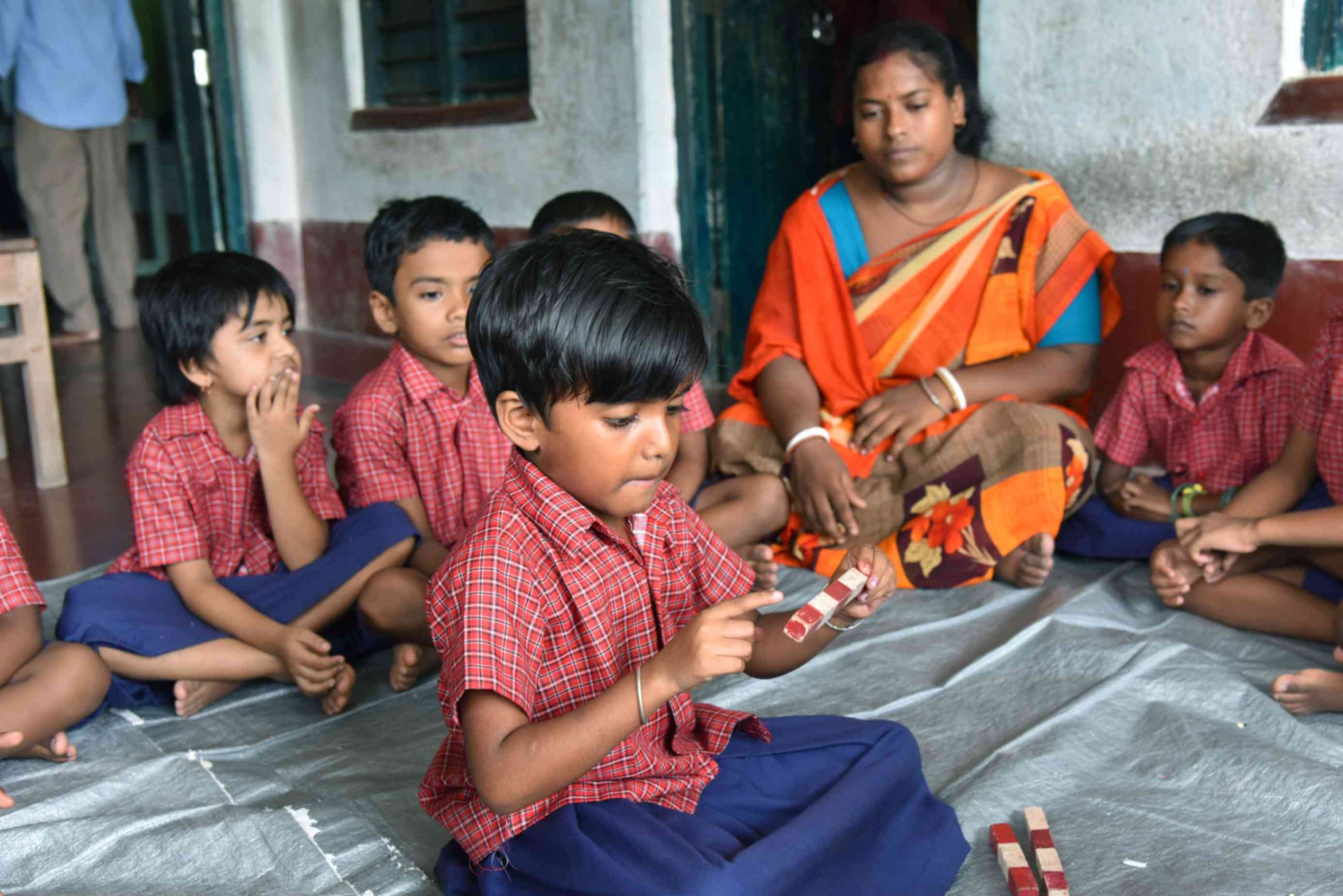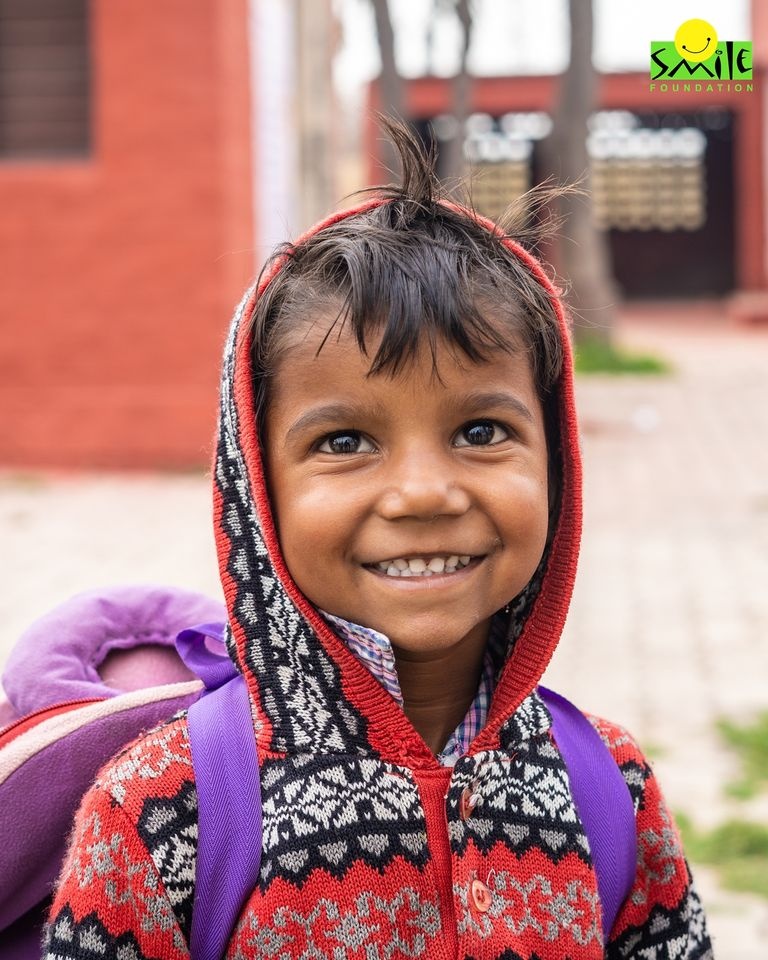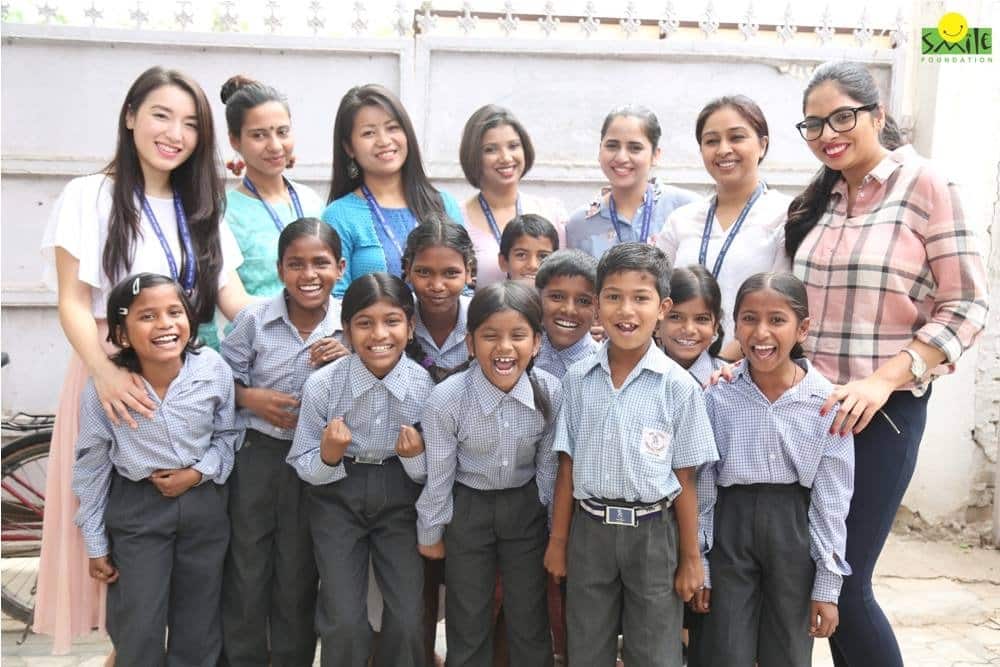Studies conducted on menstrual hygiene show that women use clothes instead of sanitary napkins, traditional remedies instead of doctors and suffer from various diseases which spring up from hygiene issues.
Taboo and lack of access to menstrual hygiene products continue to put women and girls are at huge risks apart from impeding their participation in public spaces and opportunities.
In the year 2007 when ‘change agents’ from Smile Foundation’s Swabhiman Programme conducted a door-to -door survey in Delhi’s Shashi Garden, an urban slum, they found out that most women in the area used clothes instead of sanitary napkins, traditional remedies instead of doctor consultations and a majority of them suffered from diseases which spring up due to unhygienic approach to periods.
Though one would expect greater awareness on menstrual hygiene in urban settings yet the survey highlighted that people who have migrated to urban slums from the rural-hinterland continue to overlook the need for Menstrual Hygiene Management (MHM).
Only 15% of women use commercial sanitary protection, while 85% use home-made products, according to a 2015 study published in BMJ Journal on menstrual hygiene practices in India. The interviews for this study revealed that these products range from cloth to make-do pads stuffed with ash, husk or even sand!
Another study shows that more than one-third girls in South Asia miss school on account of the onset of their puberty. The lack of sanitary products and clean and private toilets at school lead to girls dropping out of school and giving up their right to education. Statistics show that 60% of adolescent girls skip school after the beginning of their menstrual cycle and over 18% of Indian women have access to sanitation and menstrual hygiene.
Smile Foundation’s Swabhiman programme, operational since 2005, focuses on menstrual hygiene, family planning, breastfeeding, nutrition, and reproductive health especially among girls and women from low-income and underserved communities. These aspects are seen as directly linked to empowerment of girls and women. Women from the community are nurtured and trained to become change agents and they engage door-to-door talking to other women and men about these issues. Community mobilizers and health counselors from team Swabhiman establish a bond of care to spread awareness educating young girls about importance of These conversations empower girls and women to take charge of their own health and well-being.
Menstrual Hygiene Day celebrated on May 28 every year is another step taken towards creating awareness about the fundamental role that good menstrual hygiene management (MHM) plays in improving the lives of girls and women around the world. It addresses the sanitation issues and the taboos related to menstruation deeply rooted in the society.
There is a need to integrate menstrual hygiene into all aspects of community engagement and outreach, including natural disasters. Like the recent Cyclone Fani that hit Odisha on 3rd May, where relief workers from Smile Foundation found women were using contaminated and dirty water as they had lost everything, including cloths, and the shops were destroyed by the storm. Hygiene kits, including soap and sanitary pads, are now a standard part of relief response by Smile’s Disaster Response Team.



